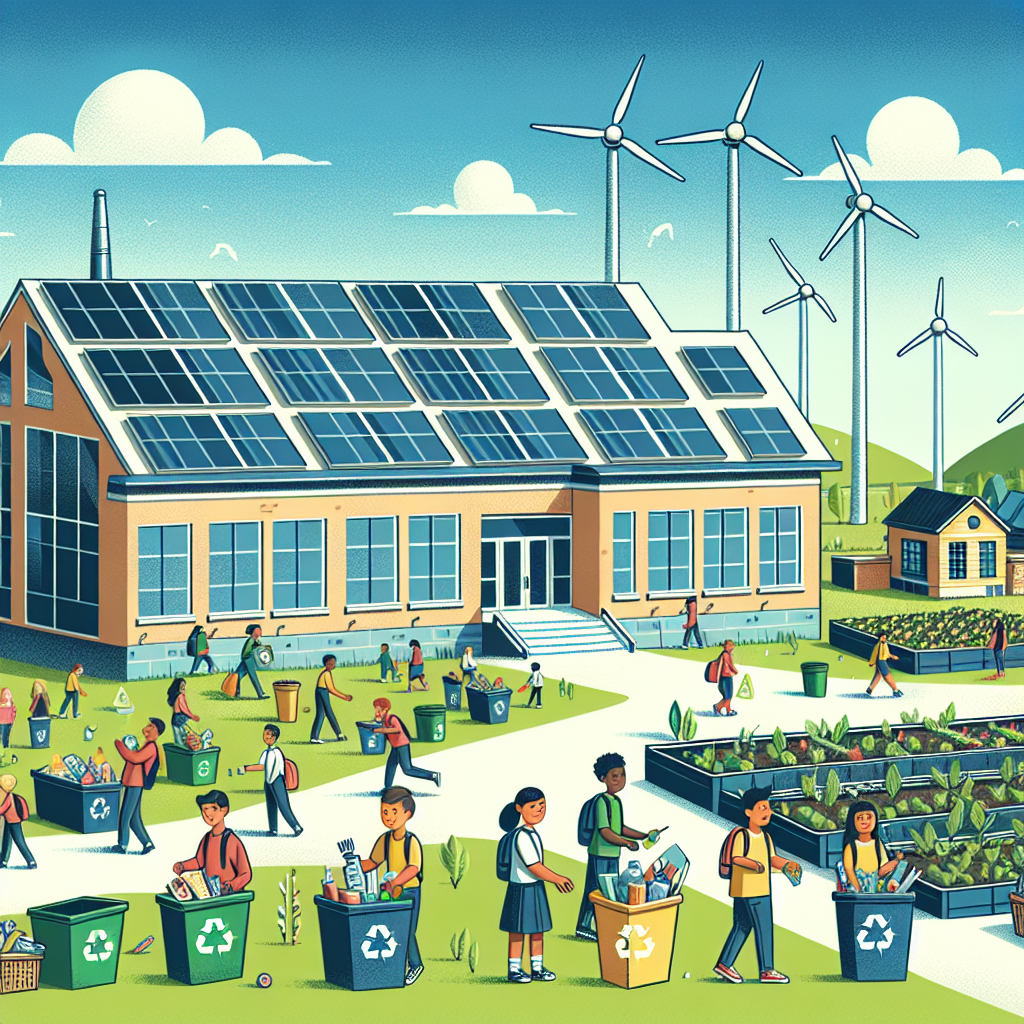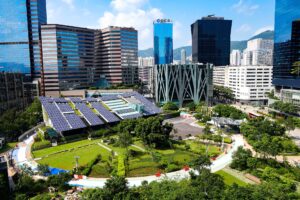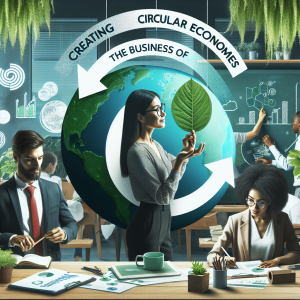Understanding Costs in Off-Grid Living
Moving to off-grid living can be an exciting escape from the urban hustle, but it requires a thorough understanding of costs to make it financially viable. The essence of budget planning for off-grid living involves not only the initial setup costs but also ongoing maintenance and unexpected expenditures. Initial expenses often include the purchasing of land, materials for building, and key systems like water, electricity, and waste management. Assessing these elements is critical, as they form the foundation of your budget plan.
Selecting the Right Location
The choice of location significantly impacts your budget. Land prices vary greatly depending on the region. However, beyond the initial purchase price, consider the long-term viability in terms of access to resources and potential zoning restrictions. Remote locations may have lower land costs but could incur higher transportation expenses for materials and supplies. Conduct a thorough cost-benefit analysis when selecting a site; evaluate the trade-offs between cheaper land and potential additional expenses in accessibility and infrastructure support.
Energy: Transitioning to Renewable Sources
Investing in renewable energy systems such as solar panels, wind turbines, or micro-hydro power setups is a major component of off-grid living expenses. Solar power is often the most feasible option due to its relative affordability and technological advancements that improve efficiency. Start by auditing your energy needs. Calculate the daily and seasonal energy consumption to determine the scale of your solar system, which saves money by preventing over or under-investment.
Additionally, explore potential grants or incentives available for renewable energy installation. Many governments offer funds to support environmentally friendly energy solutions, which can help offset the initial installation costs and make renewable energy more accessible.
Water: Establishing a Reliable Water Supply
Securing a reliable water supply is pivotal. The options generally include drilling a well, installing a rainwater harvesting system, or setting up a sustainable greywater system. Compare the cost implications of these options, considering both the setup cost and ongoing operational expenses. A rainwater harvesting system, for instance, might have less initial expense and lower maintenance costs compared to drilling a well.
Moreover, proper filtration and storage systems are essential to ensure the availability of potable water. Budget for filters and regular testing to maintain safety and quality, which can prevent potential health hazards and additional expenses in the future.
Waste Management Solutions
Handling waste in an off-grid setup doesn’t need to break the bank, but it necessitates smart planning. Systems like composting toilets and natural waste processing can be economical and sustainable options. Composting toilets, for example, bypass the need for complex sewer systems and offer a recycling route for human waste. Evaluate the costs of various systems, installation, and the potential benefits they bring. Plan for additional costs like the purchase of composting materials or regular emptying services if required.
Emphasizing Food Security and Gardening
Cultivating your own food is both a survival strategy and a method to cut down on grocery expenses. Implement sustainable gardening methods, such as permaculture, which integrates well with off-grid initiatives by using local natural ecosystems to create self-sustaining gardens. Budget for seeds, soil enhancements, tools, and possibly small structures like greenhouses to extend growing seasons. Initial investments in gardening infrastructure can significantly lower long-term food expenses.
Building Sustainable Shelter
Housing is one of the most significant costs, whether it’s constructing a new home or retrofitting an existing structure. Consider alternative building materials like straw bales, earthbags, or cob, all of which tend to be more adaptable and cost-effective for off-grid living. Plan for potential expenses concerning insulation, heating, and cooling systems to maintain a comfortable living environment year-round. Employing energy-efficient designs can considerably cut down future energy costs.
Transportation Costs for Remote Living
Living off-grid typically means residing in a remote area, often making transportation a non-negligible part of your budgeting. Assess the trade-off between initial vehicle investment, fuel costs, and maintenance against the frequency of travel required. Given the long distances possibly involved in living off-grid, investing in a fuel-efficient or electric vehicle may reduce costs substantially over time. Additionally, calculate and prepare for potential emergency expenses such as vehicle repairs or local accommodation when severe weather makes travel unfeasible.
Insurance and Contingency Planning
Lastly, consider insurance and contingencies. Home insurance for off-grid structures can differ markedly from urban counterparts. Understand the coverage limitations offered by different policies and choose one tailored to potential risks specific to your location and setup. Beyond insurance, create a contingency fund to handle unexpected expenses such as severe weather damage, system failures, or medical emergencies. Budgeting carefully for these potential pitfalls ensures resilience and financial stability in your off-grid lifestyle.
By scrutinizing and wisely planning each component—energy, water, waste, food, and shelter—along with continuous financial assessment, you can achieve a harmonious and economically sustainable off-grid living experience. Balancing upfront investments with long-term savings and efficiencies can effectively allow the freedom and independence that off-grid living brings, without financial strain.




